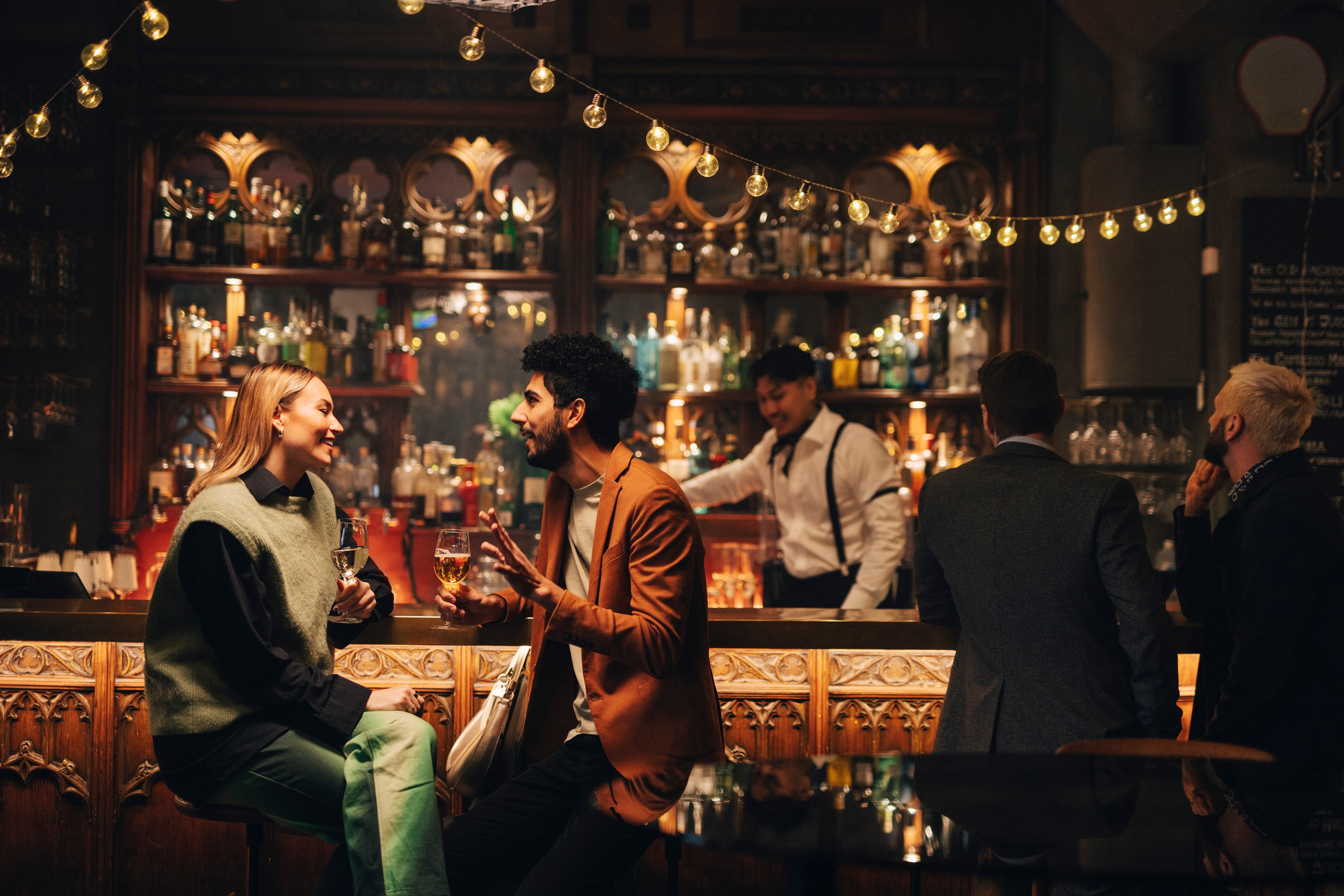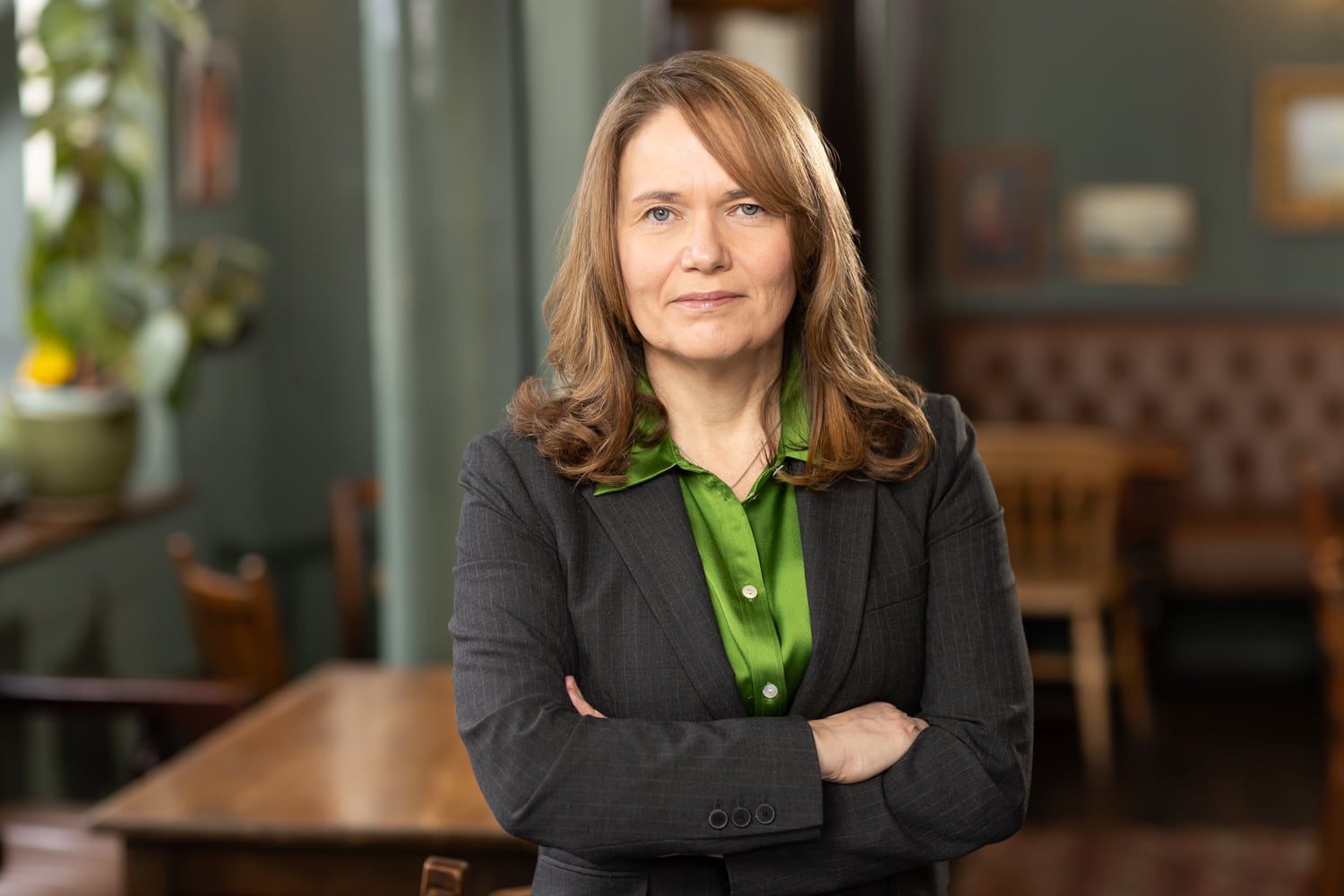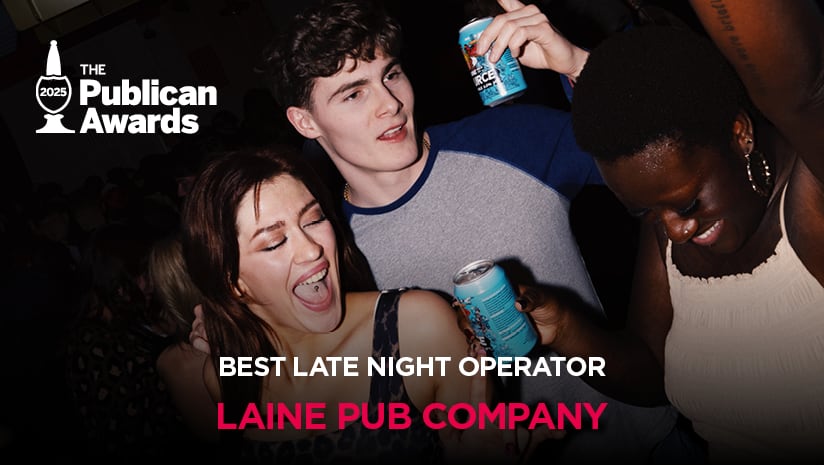Speaking at the Pub Show, held at London’s ExCeL last month, voices from across the sector shared their views on the evolution of safety needs in pubs and the importance of robust training measures.
Hosting the panel, Safer Business Network training and development manager Eren Bessim said safeguarding had become an “increasingly critical” part of running a pub.
Bessim added this was particularly prevalent post-pandemic, as a new generation of customers engage with the on-trade in a way they had not done so pre-Covid.
Greater London Authority senior policy officer Sam Mathys said “embedding” safeguarding training in the culture of businesses created a “positive feedback loop” for staff and management to the benefit of both employees and consumers.
However, she urged it was the responsibility of everyone involved in the community to ensure local hubs like pubs were able to keep everyone safe, including employees, police and the local authority.
Best practice
This comes as figures from National Pubwatch, a voluntary organisation with the aim of promoting safe and secure drinking environments, showed 86% of licensees, staff, police and those working within local authorities, believed Pubwatches helped to create safer drinking environments.
Released earlier this week, the data, conducted by Leeds Beckett University with funding from JD Wetherspoon and Diageo, revealed more than half (53%) of the 300 survey respondents noticed a decrease in alcohol-related disorder and antisocial behaviour because of Pubwatch schemes.
In addition, more than two-thirds (68%) agreed Pubwatch activities increased staff, customer and community safety, with 86% stating local schemes encouraged the sharing of good practice.
A similar proportion (85%) of participants said the initiative helped to create better partnerships between the licensed trade and official bodies.
Speaking at the Pub Show, Metropolitan Police chief licensing officer Ian Graham discussed the importance of collaboration between pubs and the police.
He added hospitality was one of the only sectors where customers “hand themselves over” to business owners: “You become mum and dad for the night. All they want to think about is having a good time and talking to their friends, they don’t want to be concentrating on people trying to steal handbags or spike their drink or other risks.
Engaging with customers
“Businesses that take safeguarding and vulnerability seriously, are also some of the most successful and well-run businesses.
“Showing you are actively engaging with customers to be a safe environment will work from a business perspective and support police massively.”
The measures discussed during the panel included being friendly, allowing customers to charge phones, knowing how to spot vulnerabilities and clearly enforcing policies such as Ask for Angela or Ask for Clive. WAVE training was also cited as the most inclusive option for pubs.
However, Greene King, which has sites participating in Pubwatch, business development manager Ian Torpey explained having a high turnover of staff posed the biggest risk when it comes to safeguarding venues.
It means having a consistent training programme was crucial, and could help tackle ongoing labour shortages within the sector, he continued: “It helps the employer brand, if the team know you are creating a safe space for your customers to come to, it will also be safe place for your employees.”
Banning orders, where an individual is collectively banned from premises within a local Pubwatch, were also seen as important tool in helping to combat crime and disorder by 90% of the operators surveyed by National Pubwatch.
National Pubwatch chairman Steve Baker OBE said: “These are phenomenal results showing the real impact of local Pubwatches in fighting crime and disorder and providing safe drinking environments in the evening economy.”





